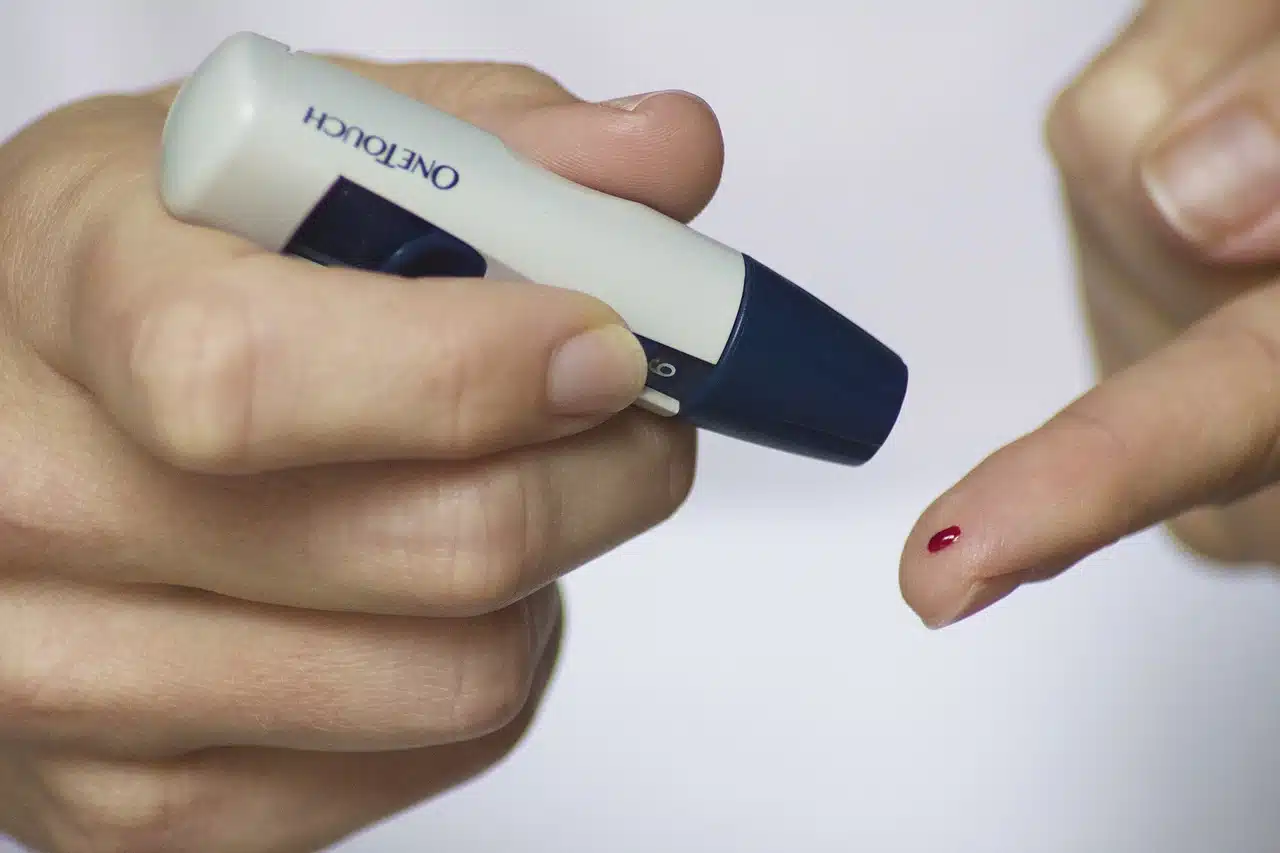
Blood glucose indicates the concentration level of glucose in the blood.
Blood glucose is the measure of glucose concentration in the blood plasma. The term comes from the French glycémie (proposed by the French physiologist Claude Bernard ), so it is sometimes translated as glycemia . However, this last word is not accepted by the Royal Spanish Academy (RAE) .
It can be said that the idea of glycemia refers to the presence of glucose in the blood . If blood glucose is below normal parameters, the individual suffers from hypoglycemia ; On the other hand, if the values exceed the average, it is a case of hyperglycemia .
Variation of blood glucose
Blood glucose varies according to the foods the person has eaten. The normal blood glucose level is between 70 mg/dl and 100 mg/dl on an empty stomach. Glucose ingested with meals is metabolized through the action of various hormones, such as adrenaline , insulin , glucagon , steroids and glucocorticoids .
Glucose metabolism is important for the regulation of homeostasis . Failures in the process can cause various health problems, such as diabetes . This disease is caused by a deficiency of insulin and causes hyperglycemia.

Diabetes causes an increase in blood glucose.
Glycemic index and diabetes
The value that describes the effect that foods have on raising glucose in the blood flow is known as the glycemic index . This indicator is extremely important for those people who suffer from some type of decompensation in the body related to blood sugar.
Foods that tend to raise blood glucose, such as certain juices and fruit sweets, also cause an increase in insulin levels, which leads to the formation of body fat. Insulin is the hormone that is responsible for distributing glucose in the various regions of the body to be used in the cells . For those people who have diabetes problems, it is extremely important to know the GI to control the amount of glucose in the blood because, if not done, it could lead to serious decompensations.
Diabetes is an organic, multisystemic and chronic syndrome that is caused by insufficient production of insulin in the body, which leads to poor use of blood glucose and is linked to a lower production of energy than the body needs. It is estimated that about 200 million people suffer from this disease, which is a glycemic disorder and must be treated with a specific diet , physical exercise and certain medications determined by the doctor.
High blood glucose in diabetics
Since insulin does not do its job correctly, people with diabetes suffer from hyperglycemia, because their body cannot move sugar from the blood to adipocytes, hepatocytes and muscle cells where it could be stored as energy . The symptoms through which this disease can be detected are blurred vision, abundant thirst, frequent urination, hunger, excessive tiredness and sudden weight loss.
Both for people who suffer from this disease and for those who want to lead a healthy life, it is important that they know that there are certain tricks that allow them to reduce the GI levels in foods . For example: it is advisable to avoid long cooking and prioritize fresh and natural dishes . Furthermore, combining different types of foods (for example fiber with carbohydrates) can be extremely positive for the diet. On the other hand, it is important to maintain a balanced diet that provides the body with everything it needs to stay healthy and active .
